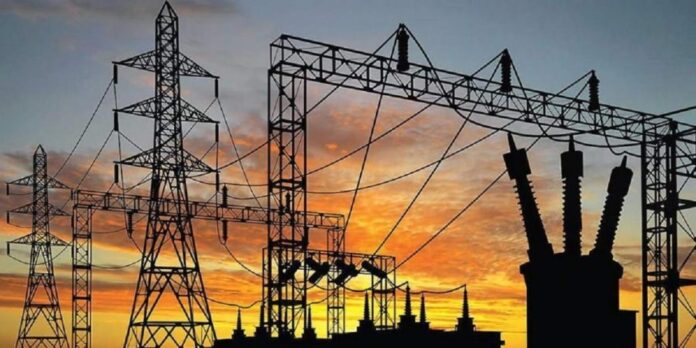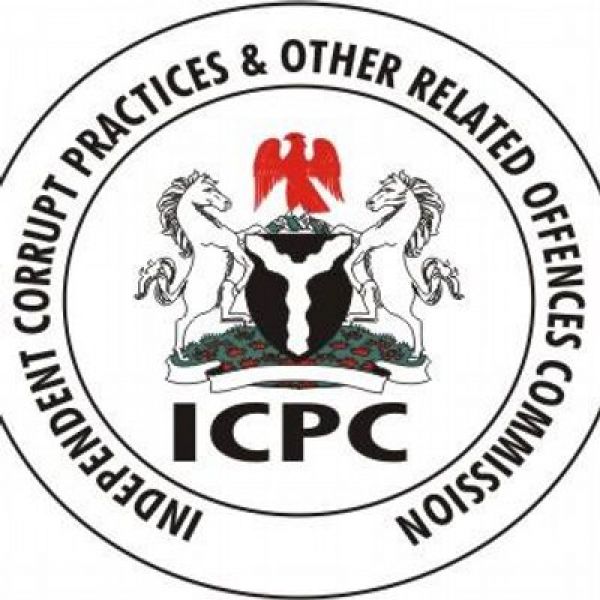FG, EU Sign £17.9m Power Development Agreement
The Federal Government has signed an agreement with the European Union and the German Government to provide support worth £17.9m to fund Nigeria’s off-grid electricity project.
The project launched under the third phase of the Nigerian Energy Support Programme is to foster investments in renewable energy, energy efficiency and rural electrification.
According to the EU, the programme will enable 154,000 people to access electricity and connect 30,000 others to clean cooking gas, while eight megawatts of electricity will be generated in the third phase.
The NESP was commissioned in 2013 as a technical assistance programme co-funded by the European Union and the German Federal Ministry for Economic Cooperation and Development and implemented by the Deutsche Gesellschaft für Internationale Zusammenarbeit in collaboration with the Federal Ministry of Power
Speaking at the launch and steering committee meeting of NESP III, the Head of Section Green and Digital Economy at the European Union Delegation to Nigeria and ECOWAS, Inga Stefanowicz, said achieving a cleaner future is the business of all stakeholders.
She said the EU has not only continued to support the Nigerian government to achieve its energy security plans but to also achieve a sustainable energy future through the increase of renewables in its electricity mix.
According to her, the EU is pleased to have commissioned additional funding for the third phase of the programme to continue supporting the development of various frameworks and innovative models, bringing a new landscape to the concept of electricity franchising, attracting renewable energy investments and ensuring reliable power supply to its beneficiaries.
She said, “As we are launching this third phase, there is more for us ahead, 154,000 people will have new or improved access to electricity under this new phase. 30,000 people will get new access to LPG for cooking, for clean cooking. The installation of 8MW of additional renewable energy capacity is also planned.
“Achieving just energy transition is a business for all stakeholders. And the EU has
partnered with Nigeria to launch this goal for many years to achieve sustainable energy, energy security, energy efficiency, access, and clean energy.
“Solar installation for health projects, we support and work hand in hand with state governments. This is part of our key objectives, in fact, and at the centre of our partnership with Nigeria. Clean and digital economy and part of our global gateway strategy that works for the people and the planet.”
Also speaking at the launch, the deputy ambassador, Embassy of the Federal Republic of Germany, Johannes Lehne, reaffirmed the commitment of the German government to Nigeria in achieving its energy transition targets.
He said, “Technologies and investments for renewable energy and energy efficiency will be key for diversifying Nigeria’s energy mix and decarbonising the five critical sectors identified in the Energy Transition Plan.
“The third phase of NESP was commissioned by the German Federal Ministry for Economic Cooperation and Development with €8.9m Euros in May this year.
“The EU has recently commissioned an additional €9m, which increases the total budget of the NESP programme to €17.9m. This shows Germany’s and its partners continued commitment to support Nigeria’s set targets in the Energy Transition Plan.”
In his remarks, the Permanent Secretary of the Ministry of Power, Mahmuda Mamman, said the project will help close the gap of 100 million Nigerians not having access to electricity.
According to him, renewable energy is significant in addressing the challenges of providing electricity for the unserved rural communities in Nigeria.
“Phase three of the Nigerian Energy Support Programme is because of the successes recorded in Phases One and Two.
“Phases one and two have increased access to electricity supply in rural areas in Nigeria. About 100 million people in Nigeria do not have access to electricity.”
Similarly, the Head of Programme at NESP, Duke Benjamin, highlighted that the project, which commenced in 2013, will provide electricity to rural communities not connected to the country’s national grid.
Nigeria’s electricity challenges have persisted despite several interventions. In 2024 alone, Nigeria’s national grid had collapsed at least eight times.





